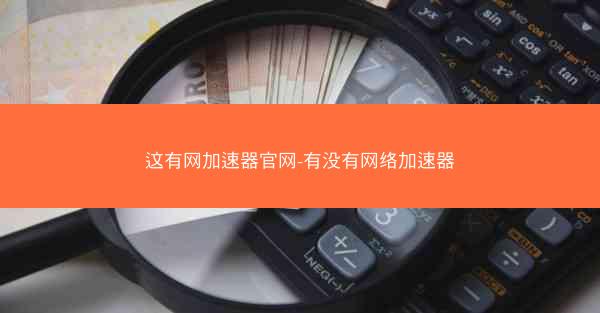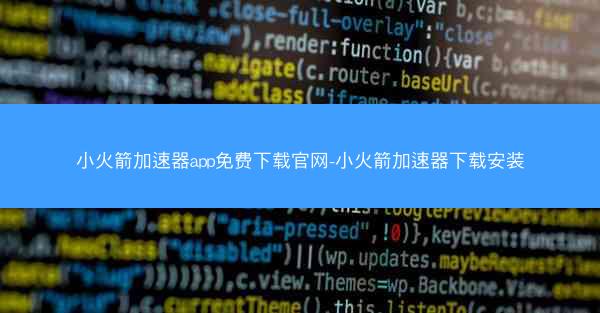
Unlocking the Secrets of Official: A Journey into the Heart of Language
In the vast tapestry of human communication, words are the threads that weave together our understanding of the world. Among these threads, official stands out as a beacon of authority and authenticity. But what exactly does official mean, and how do we pronounce it? Prepare to embark on a linguistic odyssey that will unravel the mysteries of this enigmatic term.
The Essence of Official: More Than Just a Word
Official is not just a word; it is a gatekeeper of credibility. When something is deemed official, it carries the weight of an institution, a government, or an organization. It signifies that the information, document, or entity in question has been validated by an authoritative source. This word is the linchpin that separates fact from fiction, truth from hearsay.
In the digital age, where misinformation spreads like wildfire, the term official is more crucial than ever. It is the shield that protects us from the chaos of unverified information. Whether it's a government announcement, a corporate press release, or a legal document, official is the stamp of approval that ensures we are in possession of the genuine article.
Decoding the Pronunciation: The Sound of Authority
Now that we understand the significance of official, let's delve into its pronunciation. The word is pronounced as /əˈfɪʃəl/. Break it down, and you'll find that it begins with a soft uh sound, followed by the f and ish sounds, and ending with a l that is slightly longer than the l in cat.\
The pronunciation of official is as authoritative as the word itself. The uh sound sets the tone, a gentle yet firm beginning that prepares us for the gravity of what follows. The f and ish sounds are crisp and clear, echoing the precision and clarity that are hallmarks of official communication. Finally, the elongated l gives the word a sense of finality, as if it is sealing the deal with a definitive conclusion.
Applications of Official: A World of Possibilities
The word official finds its way into various contexts, each enriching our understanding of its meaning. Here are a few examples:
- Official Documents: A birth certificate, a marriage license, or a driver's license—all are official documents that carry legal weight and are recognized by authorities.
- Official Statements: When a government official makes a statement, it is considered official and is expected to be taken seriously by the public.
- Official Channels: If you want to ensure that your message reaches the right audience, you would use official channels, such as a company's official website or a government's official press release.
In each of these instances, official serves as a guarantee of authenticity and reliability.
The Power of Official: A Call to Action
The word official is not just a linguistic construct; it is a call to action. It invites us to seek out the authentic, to verify the truth, and to rely on the authority of established institutions. In a world where information is abundant but not always reliable, official is a compass that guides us towards the reliable and the true.
As we navigate the complexities of our modern lives, the power of official cannot be overstated. It is the key to unlocking the door to knowledge, to trust, and to the certainty that we are on the right path.
Conclusion: The Legacy of Official
Official is more than a word; it is a legacy of authority and authenticity. Its pronunciation, its meaning, and its applications all contribute to its enduring power. As we continue to communicate and interact in a world that is increasingly digital and interconnected, the word official will remain a cornerstone of our understanding of truth and credibility.
So, the next time you encounter the word official, take a moment to appreciate its significance. It is a reminder that in the vast sea of information, there are still beacons of truth, and they are called official.\













 这有网加速器官网-这有网加速器下载
这有网加速器官网-这有网加速器下载 这有网加速器官网-这有网加速器app
这有网加速器官网-这有网加速器app 这有网加速器官网-又有加速器官网
这有网加速器官网-又有加速器官网 这有网加速器官网-有网络加速器软件吗
这有网加速器官网-有网络加速器软件吗 这有网加速器官网-有没有加速网站的加速器
这有网加速器官网-有没有加速网站的加速器 这有网加速器官网-网一网络加速器下载
这有网加速器官网-网一网络加速器下载 这有网加速器官网-带网址的加速器
这有网加速器官网-带网址的加速器 这有网加速器官网
这有网加速器官网